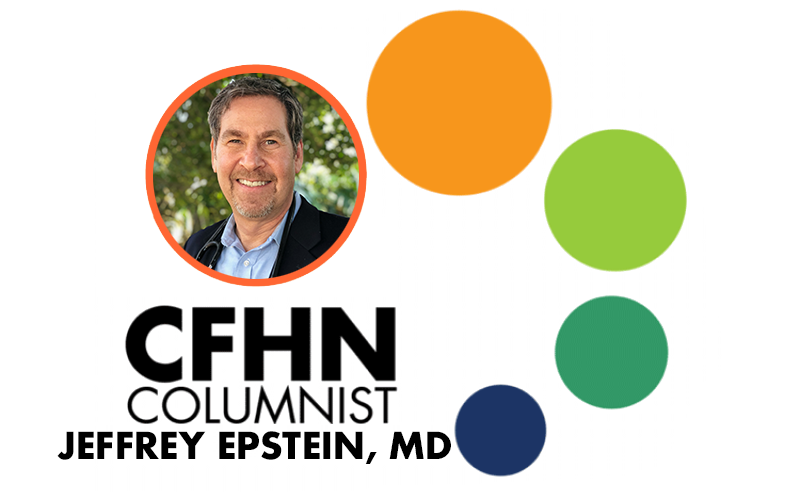
Health News
Features
-
Fun and fit vacation ideas for the whole family
Try these recreation suggestions for staying active while getting respite The many health benefits of regular physical activity include the reduced risk of coronary heart disease, strokes, diabetes, and other diseases. This helps to prevent high healthcare costs and improves the quality of life for all ages. Combining physical fitness and vacationing is actually very…
-
Pancreatic cancer: The next frontier
Developing treatments and therapies to fight this disease Pancreatic cancer research has proven the advantage of combination therapies, including chemotherapy and radiation therapy when given after surgical resection. Unfortunately, there have been limited advances for more than 20 years. Even though pancreatic cancer is an uncommon cancer, it has one of the highest mortality rates.…
-
Different waters mean different dangers
Know the potential hazards and how to use caution Summer has arrived once again. It’s time for barbecues, vacations, and fun in the sun. One of the more popular ways to enjoy the season is by relaxing in and around pools, lakes, or the ocean. However, many hazards lurk within these waters, especially for children.…
Columns
-
Urgency Versus Emergency: Know the Difference!
When you are sick or injured, the last thing on your mind is the cost. Unfortunately, the high costs of the Emergency Room can leave you with a hurting wallet for months after the visit. Luckily, there are now urgent care centers like Owl Now Urgent Care that are available to provide treatment for a…
-
Three Great Reasons to Schedule Your Annual Wellness Visit
You’ve had a physical, you’ve had your eyes checked, and your hearing. You have gone through all the usual testing— cholesterol, blood sugar, blood pressure, etc. But have you scheduled your Annual Wellness Visit? This important appointment can help you regain control of your health and enhance your senior lifestyle. Whether you believe you’re healthy…
-
The Thyroid Gland and Weight Loss
Maintaining a healthy body weight can be frustrating – trying to balance sensible eating with proper exercise is tricky. Unfortunately, some folks suffer from health conditions that can make losing weight very difficult. An underperforming thyroid gland is one such culprit. The thyroid gland is an organ that sits at the base of the neck…


